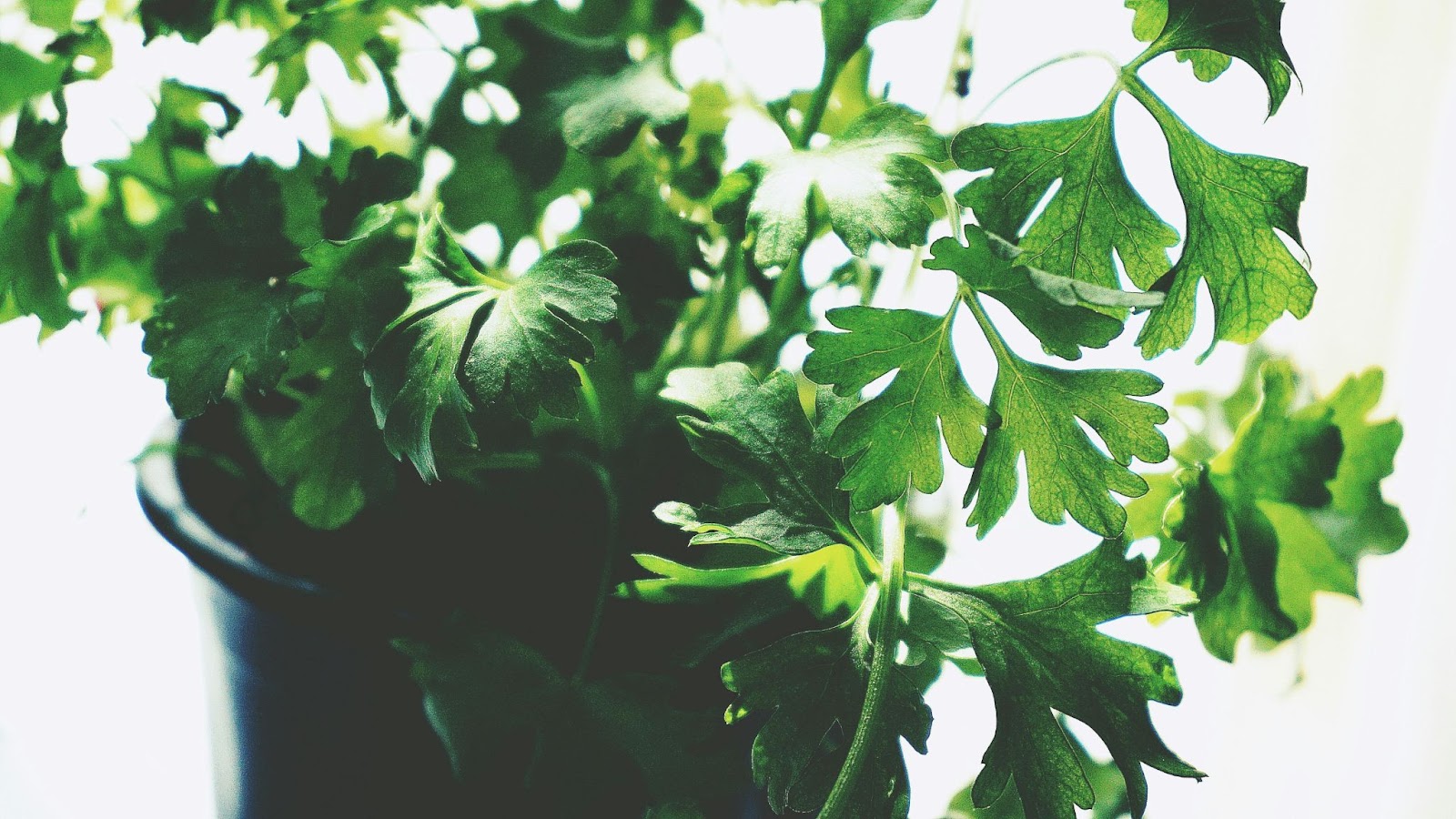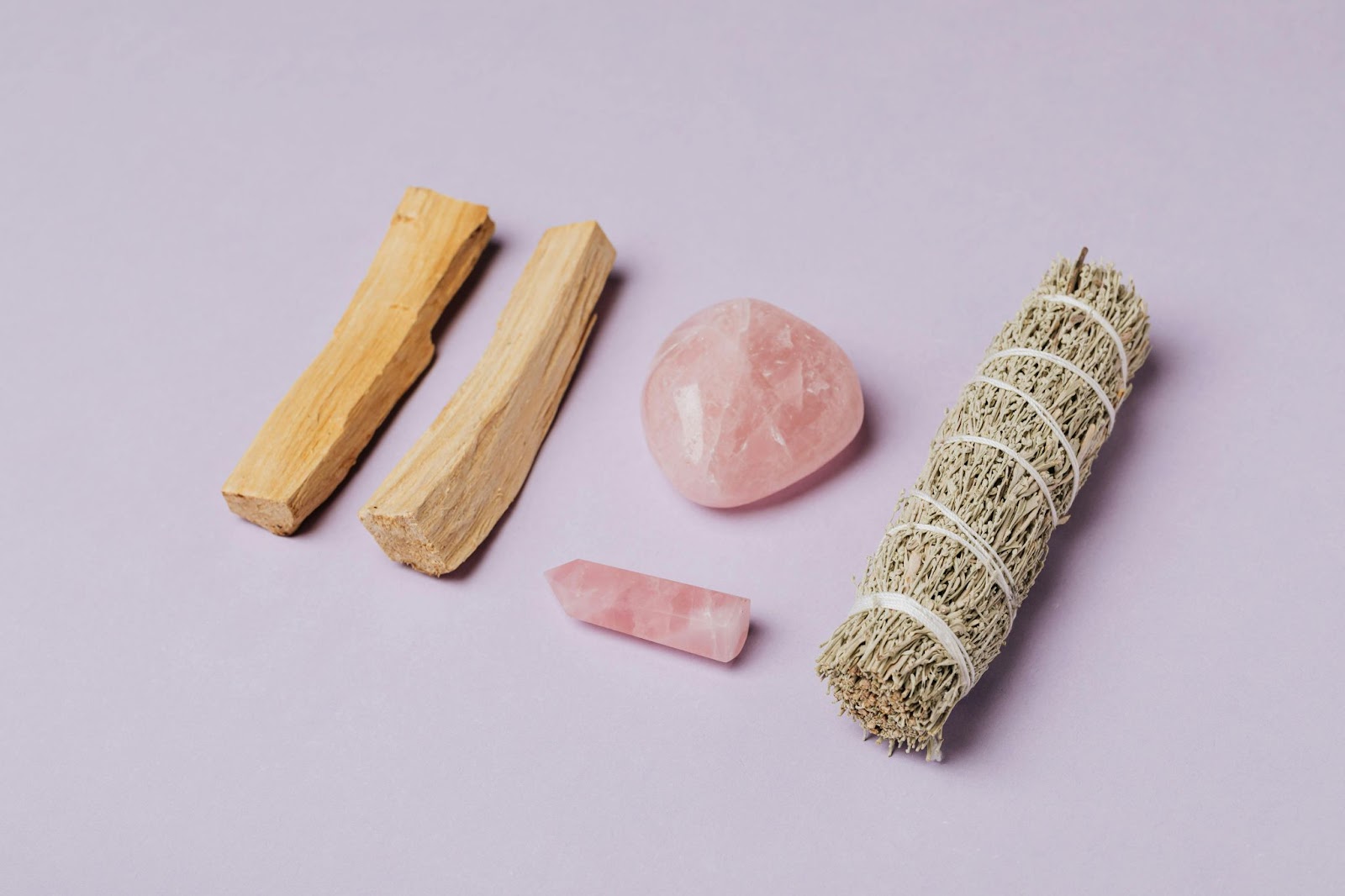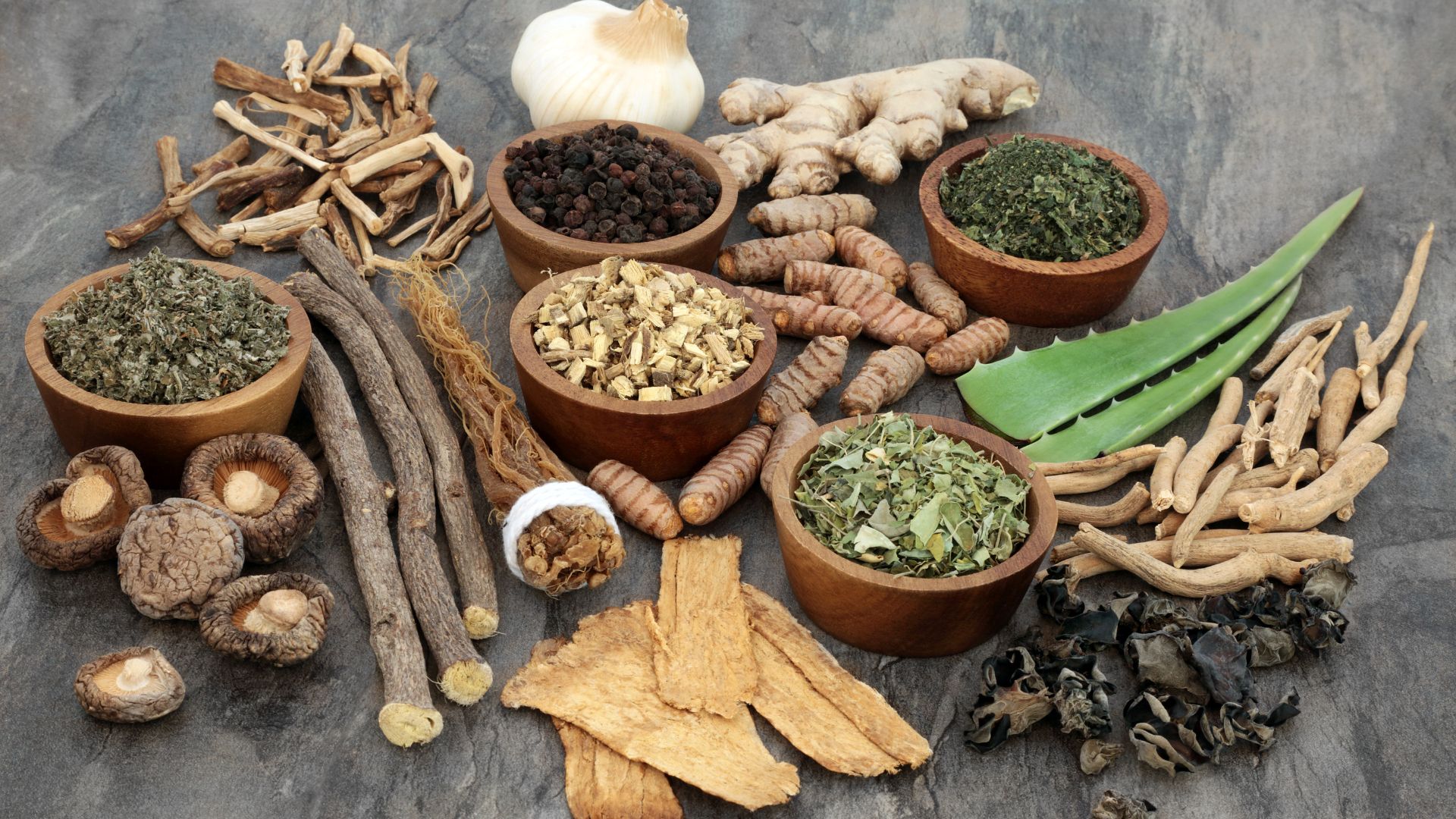Fall Herbs
Fall herbs play a vital role in culinary creations as autumn sets in. Their rich flavors and aromas can transform ordinary dishes into extraordinary ones. Here are some popular fall herbs and their culinary uses:
- Sage
- Enhances the taste of roasted meats like turkey and chicken.
- Adds a savory note to stuffing or dressings.
- Rosemary
- Complements roasted vegetables such as potatoes and carrots.
- Infuses olive oil for a flavorful dip or marinade.
- Thyme
- Perfect for seasoning soups, stews, and casseroles.
- Pairs well with roasted meats and poultry dishes.
- Parsley
- Adds freshness to salads, pasta dishes, and sauces.
- Garnishes a variety of dishes with its vibrant color.
Aside from their culinary uses, fall herbs also offer various medicinal benefits. Incorporating these herbs into your diet can promote overall well-being. Here are some common fall herbs and their medicinal properties:
- Echinacea
- Boosts the immune system and helps fight off colds and flu.
- Ginger
- Eases digestive discomfort and nausea.
- Turmeric
- Contains anti-inflammatory properties that may help reduce pain and swelling.
By understanding the culinary uses and medicinal benefits of fall herbs, you can make the most of these seasonal treasures in your cooking and wellness routines.
 Growing Fall Herbs at Home
Growing Fall Herbs at Home
To successfully grow fall herbs at home, it’s crucial to select the right soil and location. Opt for well-draining soil rich in organic matter, ensuring adequate drainage for the herbs to thrive. Choose a spot in your garden that receives ample sunlight, as most herbs require at least 6-8 hours of sunlight daily. Consider planting in raised beds or containers if your soil lacks proper drainage or if space is limited.
When planting fall herbs, ensure proper spacing between each plant to allow for sufficient growth and airflow. Water the herbs consistently, keeping the soil moist but not waterlogged. Adding a layer of mulch around the plants can help retain moisture and suppress weed growth. Regularly prune the herbs to encourage new growth and prevent legginess. Keep an eye out for pests and diseases, addressing any issues promptly to maintain the health of your herb garden. With the right care and attention, you can enjoy a bountiful harvest of fresh fall herbs right from your own backyard.
 Harvesting and Storing Fall Herbs
Harvesting and Storing Fall Herbs
Harvest herbs in the morning after the dew has dried but before the sun is at its strongest. Snip off healthy branches rather than individual leaves to encourage new growth. When harvesting, avoid taking more than one-third of the plant to maintain its health and vitality. By following these practices, one can enjoy the most flavorful herbs in their culinary creations.
Drying fall herbs is a great way to preserve them for future use. To dry herbs, bundle several stems together and hang them upside down in a warm, dry place with good air circulation. Alternatively, herbs can be dried on a baking sheet or in a dehydrator at a low temperature. Once completely dry, store the herbs in airtight containers away from direct sunlight. Properly dried and stored herbs can retain their flavor and potency for months, allowing you to enjoy the taste of fall herbs throughout the year.
Incorporating Fall Herbs into Festive Dishes
Incorporating fall herbs into festive dishes adds a seasonal touch to special occasions like Thanksgiving and Halloween. The unique flavors and aromas of fall herbs can elevate traditional recipes to new heights, creating memorable dining experiences for family and friends.
When preparing dishes for Halloween gatherings, get creative with fall herbs to add a festive touch to your menu. Infuse cinnamon and nutmeg into pumpkin soups or stews for a warm and comforting flavor profile. Use ginger to spice up desserts like pumpkin pie or gingerbread cookies, giving them a zesty kick that aligns with the spirit of Halloween. Experiment with incorporating herbs like thyme or parsley into savory dishes to bring a fresh and herbaceous element to your Halloween spread.
